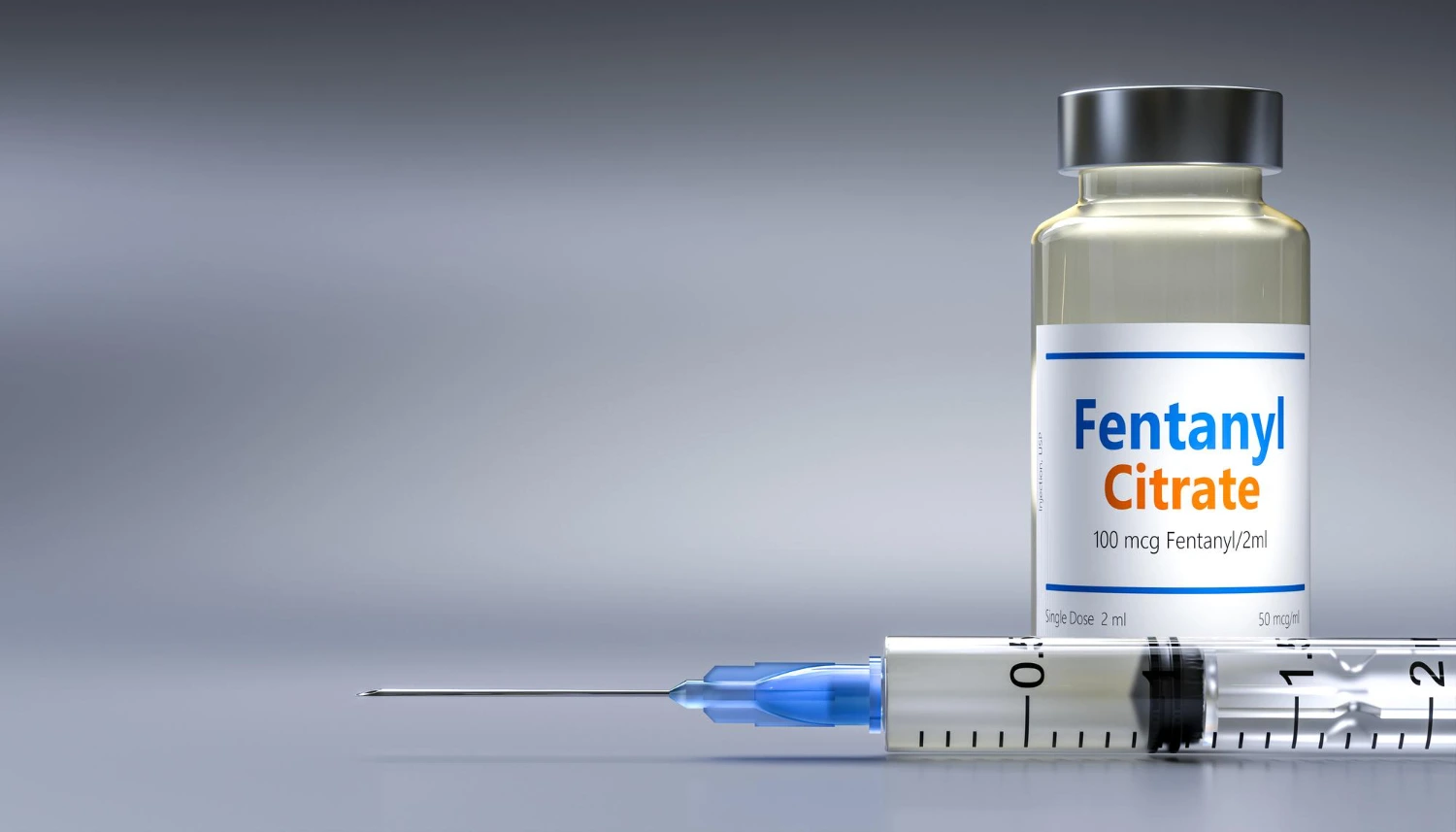OPIOID USE FOR PAIN MANAGEMENT
OPIOIDS
Opioids are a class of drugs that include prescription painkillers like oxycodone, hydrocodone, and morphine, as well as illegal drugs like heroin. They work by binding to opioid receptors in the brain and body, relieving pain but also producing feelings of euphoria and, at high doses, potentially dangerous side effects, including addiction and overdose.
What Are Opioids?

Pain Management and Drug Use
Opioids are a class of powerful drugs used primarily for pain management. They can be derived from the opium poppy plant or synthesized in laboratories. Opioids work by binding to specific receptors in the brain, spinal cord, and other parts of the body, reducing pain perception. However, they also trigger the release of dopamine, creating feelings of euphoria and relaxation. While opioids are highly effective for pain relief, they come with significant risks, especially when used improperly or over long periods.
Common Types of Opioids
- Natural Opioids (Opiates): These opioids are derived directly from the opium poppy. The most common examples are morphine and codeine.
- Semi-Synthetic Opioids: These are created by modifying natural opiates in laboratories. Examples include oxycodone (OxyContin), hydrocodone (Vicodin), and heroin.
- Synthetic Opioids: Fully synthetic opioids mimic the effects of natural opiates. Fentanyl and methadone are examples, with fentanyl being particularly dangerous due to its extreme potency.

How Opioids Work in the Body:
Opioids bind to receptors in the brain and nervous system to block pain signals. While they are effective for pain management, opioids also induce euphoria, which contributes to their potential for misuse and addiction. Over time, the body may develop tolerance, requiring higher doses to achieve the same effects, which increases the risks of overdose, dependence, and addiction.
Approved Medical Uses of Opioids:
Opioids are critical in treating various types of pain, particularly in situations where other pain management methods are ineffective:
- Acute Pain Relief: They are often prescribed for post-surgical pain or pain resulting from injuries or medical procedures.
- Chronic Pain Management: Opioids may be used for long-term pain conditions, such as cancer-related pain or severe back pain.
- Palliative Care: For individuals with terminal illnesses, opioids help manage severe pain and improve quality of life.
- Treatment of Severe Diarrhea and Cough: Certain formulations of opioids are used for severe diarrhea or to suppress persistent cough.
Risks and Dangers of Opioid Use
Although opioids are effective for managing pain, their misuse can lead to significant health risks. These include:
- Addiction and Dependence: Opioids are highly addictive. With regular use, the body can develop physical and psychological dependence, making it difficult to stop using them without experiencing withdrawal symptoms. Over time, misuse can lead to a cycle of addiction.
- Tolerance: Over time, the body becomes tolerant to opioids, meaning that higher doses are required to achieve the same level of pain relief. This can increase the risk of overdose and long-term health complications.
- Overdose: Opioid overdose is a serious and potentially fatal risk. Symptoms of overdose include:
- Slow or irregular breathing
- Constricted pupils
- Extreme drowsiness or inability to stay awake
- Bluish skin or lips
- Loss of consciousness
Naloxone (Narcan), an opioid antagonist, can reverse the effects of an opioid overdose. However, it’s important to seek immediate medical attention in the event of an overdose.
- Physical and Mental Health Side Effects: Opioid use often comes with side effects such as constipation, dizziness, nausea, and drowsiness. Chronic use can lead to more severe complications, including hormone imbalances, liver and kidney damage, and mental health issues such as anxiety, depression, and cognitive impairment.
- Impact on Recovery: Opioid misuse complicates the recovery process. Individuals recovering from opioid addiction need to address both the physical dependence on the drug and the psychological triggers that lead to misuse.

Safe Use of Opioids
If opioids are prescribed for pain management, it is crucial to use them safely. Here are some guidelines for their proper use:
- Follow Prescriptions Strictly: Only take opioids as prescribed by your healthcare provider. Do not adjust the dosage or frequency without consulting your doctor.
- Monitor for Misuse: Be aware of signs that might indicate opioid misuse, such as seeking additional prescriptions, taking higher doses than prescribed, or using opioids for reasons other than pain relief.
- Consider Non-Opioid Alternatives: Many non-opioid options can be effective for managing pain. Medications like acetaminophen, ibuprofen, and physical therapy may be safer alternatives.
- Address Underlying Addiction: If opioid misuse is a concern, engage in a treatment plan that includes therapy, counseling, and support groups. Overcoming opioid addiction requires addressing the root causes of dependence, building new coping strategies, and having a strong support system in place.
Alternative Approaches to Pain Management
For many individuals, non-opioid approaches to pain management can be just as effective, with fewer risks. These include:
- Cognitive Behavioral Therapy (CBT): CBT helps individuals change the way they think about and respond to pain. It is a proven method for managing chronic pain, stress, and anxiety.
- Physical Therapy: This includes targeted exercises to strengthen muscles, improve flexibility, and reduce pain.
- Mindfulness and Relaxation Techniques: Practices such as yoga, deep breathing exercises, and meditation can help individuals manage pain and stress without the need for medication.
- Non-Opioid Medications: Anti-inflammatory medications or antidepressants (which can also help with pain management) may be prescribed as alternatives to opioids.
Opioid Use Disorder (OUD) and Treatment
Opioid Use Disorder (OUD) is a serious condition that requires comprehensive treatment. For individuals struggling with opioid addiction, treatment often involves a combination of medications, therapy, and support. Key approaches include:
- Medication-Assisted Treatment (MAT): MAT combines medications such as methadone, buprenorphine, or naltrexone with counseling and behavioral therapy. These medications help reduce cravings and withdrawal symptoms, allowing individuals to focus on recovery.
- Behavioral Therapy: Cognitive-behavioral therapy (CBT), contingency management, and other therapeutic modalities help individuals develop coping skills, address underlying mental health issues, and build a foundation for long-term recovery.
- Support Groups: Peer support groups such as Narcotics Anonymous (NA) or SMART Recovery provide a community of individuals who understand the struggles of addiction and can offer support, motivation, and accountability.

How Families Can Support Loved Ones Struggling with Opioid Addiction
Opioid addiction impacts not only the individual but also their family and loved ones. Families can play a crucial role in supporting their loved ones through recovery. Education, open communication, and involvement in addiction therapy can help families understand addiction, promote healing, and strengthen their relationships.
Opioids are powerful and effective tools for managing pain, but they also pose significant risks, especially when misused. Understanding the potential dangers of opioids and using them responsibly is crucial for preventing addiction and overdose. For individuals struggling with opioid use disorder, a comprehensive treatment plan that includes medication, therapy, and support is key to overcoming addiction and achieving long-term recovery.
If you or a loved one is struggling with opioid addiction, it’s important to seek professional help and support to navigate the path to recovery safely and successfully.

We are here for you
Ready to talk? Call us.
866-864-1986
If you or a loved one struggles with addiction, it is vital to seek treatment. California Recovery Center is available to help you day and night.
